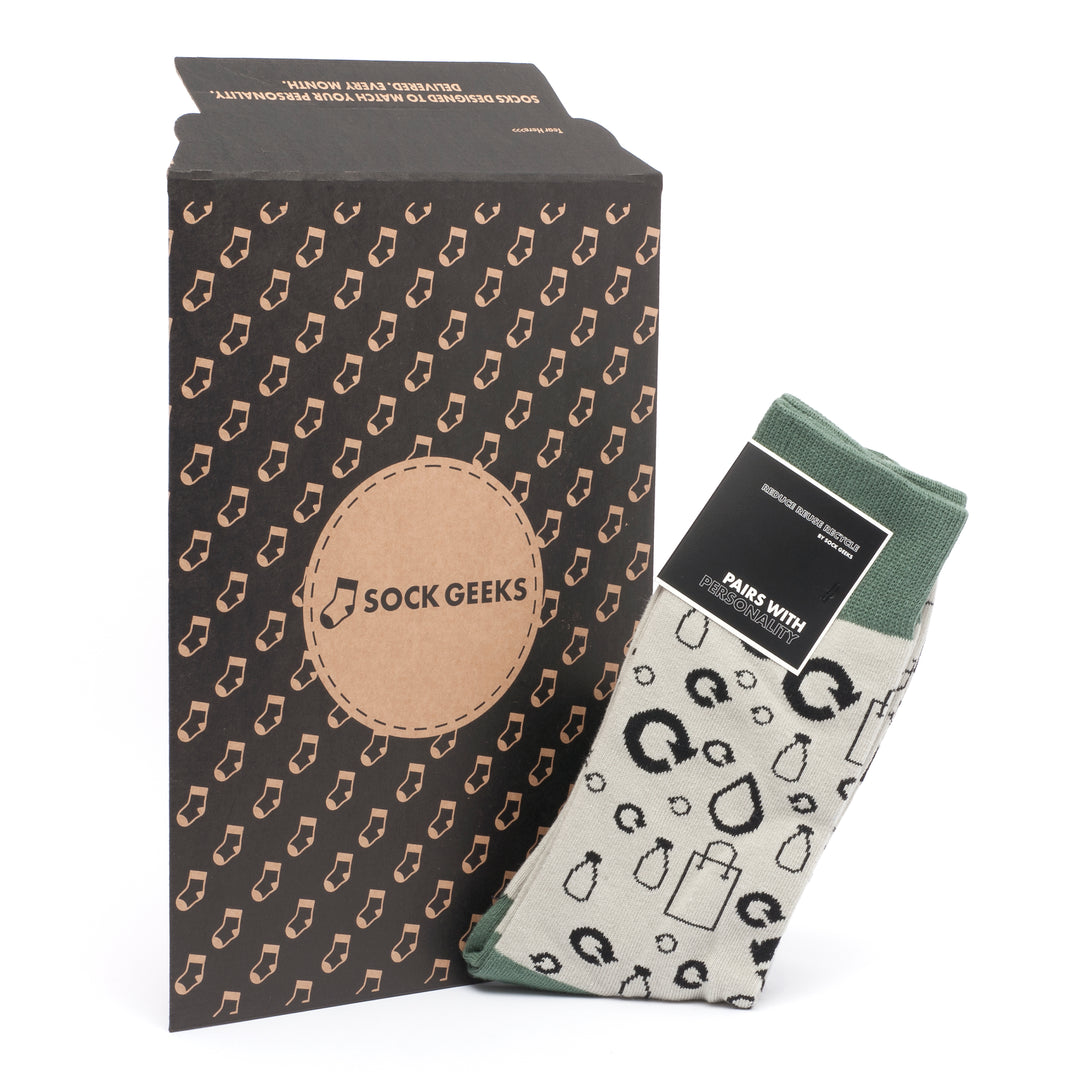Mother's Day UK: Historical Roots and Traditions
What makes a mother special? Is it her unwavering love, her comforting embrace, or the way she lights up every room with her presence? As Mother's Day approaches in the UK, it's time to honour and celebrate these remarkable women who have shaped our lives. From heartwarming gestures to thoughtful gifts, this blog post is packed with ideas on how to make this day unforgettable for the extraordinary mothers out there. Join us as we delve into creative ways to express gratitude and admiration for these unsung heroes who deserve all the love and appreciation in the world.
Historical Roots of Mothering Sunday
Christian Tradition
Mother's Day in the UK has its roots in a Christian tradition known as Mothering Sunday. This day is celebrated on the fourth Sunday of Lent, exactly three weeks before Easter Sunday. It was originally a time for people to return to their 'mother church' – the main church or cathedral in the area.
Mothering Sunday is not only about honouring mothers but also about paying tribute to the "mother church". On this day, people would visit their local parish and attend special services.
Domestic Servants
Historically, Mothering Sunday had strong connections to domestic servants. In the past, it was common for those working as servants in wealthy households to have limited days off each year. Mothering Sunday provided an opportunity for them to visit their families and spend quality time with their mothers.
The significance of this day grew over time, eventually evolving into an occasion dedicated solely to showing appreciation for mothers and mother figures across the country.
Transition from Mothering Sunday to Mother's Day
American Influence
The transition from Mothering Sunday to Mother's Day was heavily influenced by the American celebration of the holiday. In the early 20th century, Anna Jarvis, an American woman, campaigned for an official day to honour mothers. Her efforts led to the first official observance of Mother's Day in 1908.
This influence gradually made its way across the Atlantic and began to shape how Mothering Sunday was celebrated in the UK. The traditional religious connotations of Mothering Sunday started giving way to a more secular celebration akin to that of the American holiday.
Secular Shift and Commercialization
As time passed, there was a noticeable shift towards a more secular observation of Mother's Day in the UK. While still rooted in appreciating mothers and mother figures, it became less tied to its original connection with church or religion. Instead, it evolved into a day focused on celebrating all aspects of motherhood and maternal bonds.
Furthermore, as with many holidays, commercialization took hold during the 20th century. Greeting card companies, florists, and other retailers played a significant role in promoting gift-giving as an integral part of celebrating Mother's Day. This commercial aspect has become deeply ingrained in how people observe this special occasion today.
Mother's Day Date in the UK Explained
Different Date
In the United Kingdom, Mother's Day is celebrated on the fourth Sunday of Lent. This date varies from that of the United States and other countries, which observe Mother's Day on the second Sunday in May. The difference in dates is based on the liturgical calendar, with each country following its own customs and traditions.
The UK's celebration of Mother's Day as part of Lent has historical roots dating back to a Christian tradition known as "Mothering Sunday." During this time, people would return to their mother church for a special service. Over time, this religious observance evolved into a more secular celebration honouring mothers and maternal figures.
In modern times, Mother’s Day in the UK typically involves giving cards, flowers, and gifts to mothers or maternal figures. Families often come together for meals or outings to show appreciation for everything their mothers do throughout the year.
Mother's Day Customs and Traditions in British Culture
Simnel Cake Tradition
In the UK, Mother's Day is celebrated with various customs and traditions. One such tradition is the baking of a special fruitcake known as Simnel cake. This rich fruitcake, topped with marzipan, has become synonymous with Mother's Day in Britain. Families come together to bake this delicious treat, often involving children in the process. The act of making and sharing this cake symbolizes love and appreciation for mothers.
The Simnel cake holds historical significance as well; it was traditionally made by domestic servants to take home to their mums on Mothering Sunday. Today, it continues to be a cherished part of the celebration, embodying warmth and familial bonds.
Afternoon Tea Tradition
Another beloved tradition associated with Mother's Day in the UK is afternoon tea. Families gather at home or visit quaint tearooms to enjoy an indulgent spread of sandwiches, scones with clotted cream and jam, cakes, and a variety of teas. This delightful custom reflects simplicity and heartfelt gestures towards mothers.
Afternoon tea represents an opportunity for families to spend quality time together while honouring maternal figures through shared moments over delectable treats.
Traditional Gifts and Cuisine for UK Mother's Day
Popular Gift Choices
Flowers, chocolates, and homemade gifts are popular choices for celebrating Mother's Day in the UK. The tradition of gifting flowers, especially daffodils and roses, symbolizes love and appreciation for mothers. Chocolates represent sweetness and indulgence, while homemade gifts add a personal touch to the celebration. These thoughtful presents convey gratitude and affection towards mothers.
A classic choice is a hearty roast dinner. This meal typically includes roasted meat such as lamb or beef, served with Yorkshire puddings, roast potatoes, vegetables, and gravy. Another popular option is indulging in traditional British fare like fish and chips or afternoon tea with scones, clotted cream, jam, sandwiches, and cakes.
Personalized Presents
In addition to conventional gifts like flowers and chocolates, personalized presents hold special significance on Mother's Day in the UK. Creating customised gift baskets filled with items tailored to a mother's preferences can be an excellent way to show thoughtfulness. For instance,homemade bread, cakes baked with her favourite flavours or ingredients can make meaningful gifts that reflect effort and consideration.
Personalized photo albums capturing cherished memories or handmade crafts showcasing creativity are also heartfelt options for expressing love on this occasion.
Symbolism of Roses on Mother's Day in the UK
Red Roses
Red roses hold a special significance on Mother's Day in the UK. They symbolize deep love and heartfelt gratitude towards mothers. The vibrant red hue represents the intense emotions that children feel for their mothers, expressing appreciation for their unwavering love and care.
Red roses are a popular choice as gifts for mothers in the UK, conveying powerful sentiments of love and affection. Their striking colour captures the essence of strong maternal bonds, making them an ideal floral expression to honour motherhood.
White Roses
In contrast to red roses, white roses carry a different meaning when gifted on Mother's Day. These delicate blooms represent remembrance and purity, serving as a touching tribute to mothers who are no longer present but remain cherished in memory.
White roses also symbolize purity, reflecting the selfless nature of a mother’s love. This gentle reminder evokes feelings of nostalgia and reverence for those who have passed away, commemorating their enduring influence even after they are gone.
The symbolism behind white roses offers an opportunity to pay homage to all mothers – past and present – acknowledging their profound impact on our lives with grace and respect.
Comparing UK and Global Mother's Day Celebrations
Varied Dates
Mother's Day is celebrated on different dates around the world. In the UK, it falls on the fourth Sunday of Lent, while in most other countries, including the United States and Canada, it occurs in May. This variation stems from historical and cultural differences.
In many places, Mother's Day has religious roots and is linked to Christian traditions. For example, in the UK, it was originally a day for people to return to their 'mother church' for a special service.
Different Cultural Significance
The cultural significance of Mother's Day varies across nations. While some countries focus on honouring mothers with gifts and cards, others use this occasion to recognise all women who have played a maternal role. In Thailand, for instance, Mother's Day coincides with the birthday of Queen Sirikit – an occasion that also celebrates womanhood more broadly.
In Japan, where carnations are traditionally associated with motherhood due to their sweet fragrance and purity, children often gift their mothers red carnations as a symbol of love and gratitude.
The Evolution of Mother's Day Across the World
Ancient Roots
Mother's Day has ancient roots, with its origins traced back to Greek and Roman festivals. These celebrations honoured maternal figures such as Rhea, the mother of all gods in Greek mythology. In Rome, a spring festival called Hilaria was dedicated to Cybele, a mother goddess. These early festivities laid the foundation for the modern-day observance of mother's day.
The adoption of Mother's Day by different countries over time reflects changing societal values and beliefs. For instance, during the Middle Ages in Europe, people began observing "Mothering Sunday" on the fourth Sunday of Lent to honour Virgin Mary and mothers. Over time, this tradition evolved into what is now known as Mother's Day in the UK.
Reflecting Changing Values
The evolution of Mother's Day also mirrors shifts in societal values and beliefs across various countries around the world. It represents an acknowledgment of maternal love, sacrifice, and influence within families and communities. As a result, many nations have embraced this observance as a way to express gratitude towards mothers for their nurturing roles.
Final Remarks
You've journeyed through the historical roots of Mothering Sunday, witnessed its transition to Mother's Day, and delved into the customs and traditions of UK Mother's Day celebrations. From traditional gifts to the symbolism of roses, you've explored the unique aspects that make this day special in British culture. Comparing it to global celebrations has shown both similarities and differences, shedding light on the evolution of Mother's Day worldwide.
As Mother's Day approaches, take the time to embrace the essence of gratitude and appreciation for the maternal figures in your life. Whether it's through heartfelt words, thoughtful gestures, or quality time spent together, let this day be a meaningful tribute to the love and care they've provided. Happy Mother's Day!
n conclusion, the exploration of Mother's Day traditions in the UK, as outlined in the article, reveals a rich tapestry of customs and sentiments associated with honoring maternal figures. As the celebration has evolved from its historical roots in Mothering Sunday to the more contemporary and secular Mother's Day, the emphasis on expressing gratitude and appreciation remains constant.
The insights provided, including the popularity of personalized gifts and the symbolism of roses, present an opportunity for Sock Geeks to craft a thoughtful and relevant offering for Mother's Day. Introducing a personalized sock subscription aligns with the cultural trends highlighted in the article, offering a unique and customizable option for individuals looking to celebrate their mothers in a distinctive way.
By considering the significance of red and white roses in Mother's Day symbolism, Sock Geeks can further enhance the emotional connection with consumers by incorporating these elements into their sock designs. This approach not only aligns with the sentiments associated with the occasion but also adds a touch of personalization and meaning to the gift.
In essence, a personalized sock subscription from Sock Geeks emerges as a creative and thoughtful choice in the realm of Mother's Day gifting. It caters to the current trends, allowing individuals to go beyond conventional presents and offer a unique, customizable, and heartfelt expression of love and appreciation for the special mothers and maternal figures in their lives.
Frequently Asked Questions
What are the historical roots of Mothering Sunday?
Mothering Sunday has deep historical roots in the UK, originating as a Christian tradition to honour the Virgin Mary and later evolving into a day for people to visit their "mother" church. Over time, it transformed into a celebration of mothers and motherhood.
How did Mothering Sunday transition into Mother's Day in the UK?
The transition from Mothering Sunday to Mother's Day occurred gradually, influenced by American traditions. The name change signified a shift towards recognising and celebrating individual mothers rather than solely focusing on religious observance.
When is Mother's Day celebrated in the UK and why?
Mother's Day in the UK falls on the fourth Sunday of Lent, three weeks before Easter Sunday. This timing links back to its origins as part of Lenten observances while also providing an opportunity for families to come together during this period.
What are some traditional gifts and cuisine for UK Mother's Day?
Traditional gifts for UK Mother's Day include flowers, particularly roses, along with homemade cards or sentimental items. Cuisine often features special treats such as afternoon tea or indulgent desserts like Simnel cake - a fruitcake associated with Easter celebrations.
How do global Mother's Day celebrations compare to those in the UK?
Global variations exist in terms of dates, customs, and significance attached to different aspects of motherhood. While many countries share common themes such as gift-giving and expressing gratitude towards mothers, each culture brings its own unique traditions and interpretations.




















Leave a comment